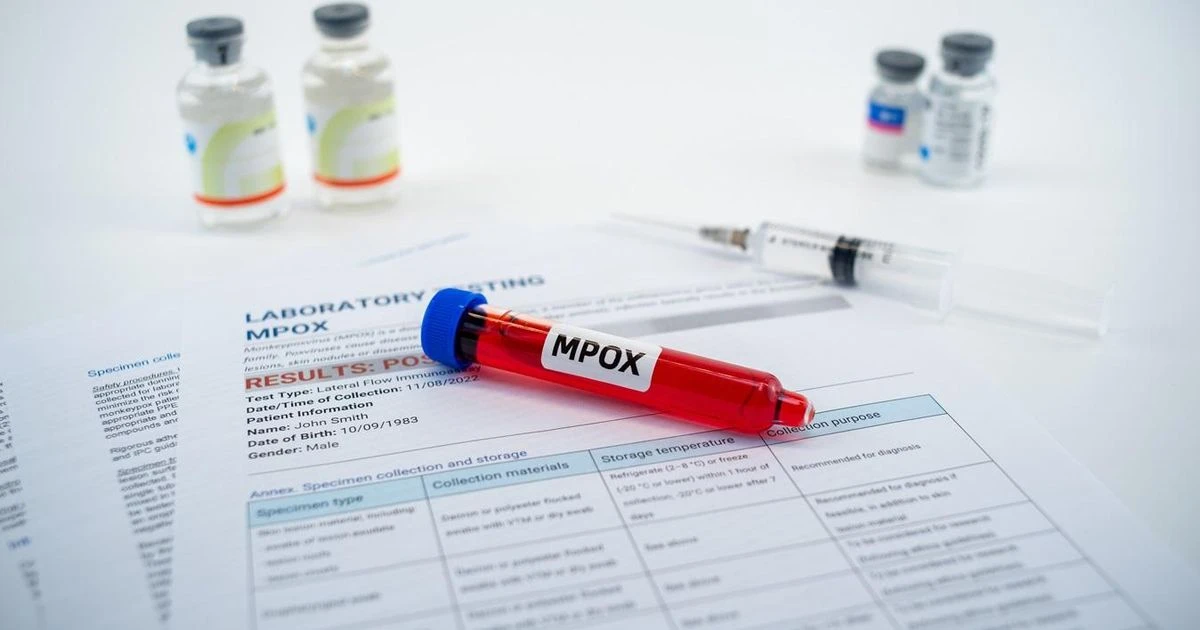The World Health Organization (WHO) has issued a warning regarding a significant increase in Mpox cases as a new strain, identified as clade Ib, spreads globally. In a report released on September 30, 2023, the WHO noted that there have been 2,862 confirmed cases and 17 fatalities across 17 African nations in just six weeks, highlighting the urgent need for enhanced monitoring and response strategies.
Details of the Outbreak
The WHO’s data points to an alarming trend, with the number of cases rising sharply in several regions. The new clade Ib strain has been detected not only in Africa but also in Europe and the United States. This emergence has raised concerns about local transmission, prompting health authorities to take immediate action to mitigate the spread of the virus.
Health experts are particularly focused on the implications of this new strain. The WHO’s Director-General, Dr. Tedros Adhanom Ghebreyesus, emphasized the importance of vigilance and swift public health responses to prevent further outbreaks. “We must not underestimate the threat posed by the Mpox virus, especially with the emergence of new strains,” he stated.
Global Response and Precautions
Countries around the world are now on alert as they assess their preparedness to handle potential cases of Mpox. Public health officials are advising increased surveillance and vaccination efforts, particularly in areas where the new strain has been detected.
In addition, the WHO has called for collaborative efforts among nations to share information and resources effectively. “A united response is crucial in combating the spread of Mpox and protecting communities,” Dr. Ghebreyesus added.
As the situation continues to evolve, the WHO is expected to provide regular updates on the number of cases and vaccination progress. The organization urges the public to stay informed and adhere to health guidelines to help prevent transmission of the virus.
With the rise of the new clade Ib strain, the global community faces a critical moment in addressing the Mpox outbreak. Continued vigilance and proactive measures will be essential to control its spread and safeguard public health worldwide.







































































